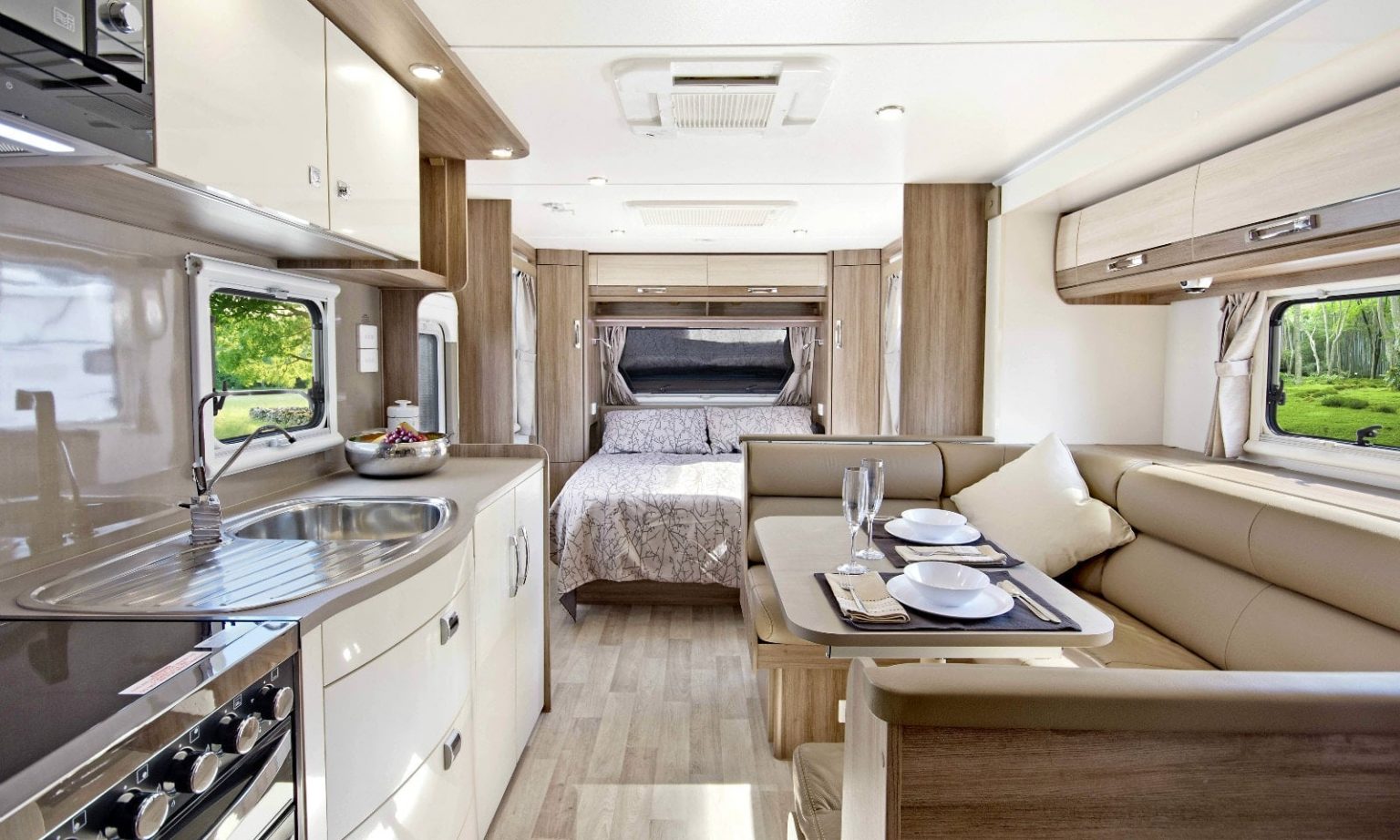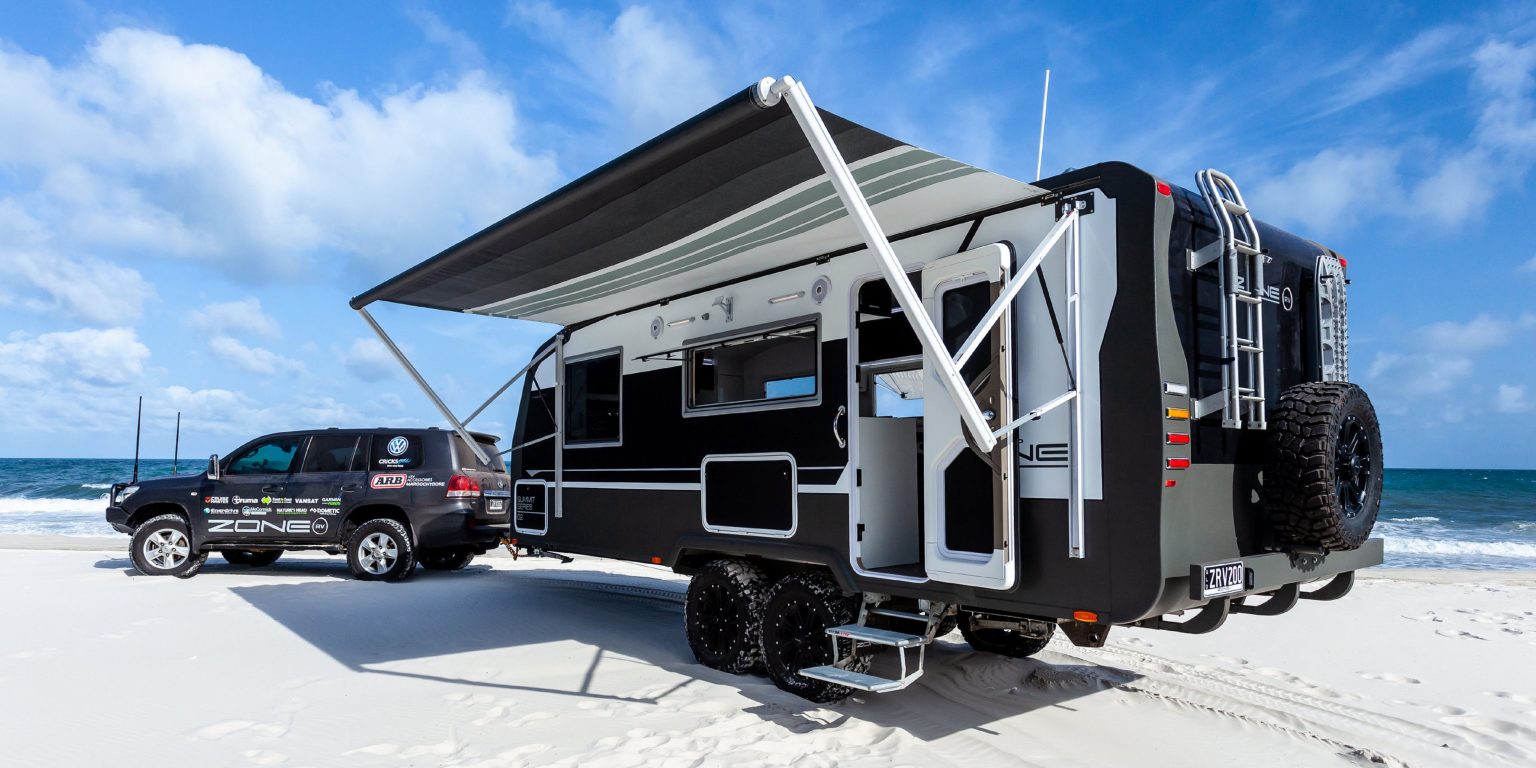Vehicle Warrant Search: Can the Police Search a Caravan
Contents
– Residential vehicle: what definition?
– Visits and searches: what are the differences?
– Case of vehicles used as a temporary residence
When the police are required to search an RV, the laws are not the same for searching a conventional car, and searching a vehicle “fitted out for residential use and used as a residence”.
This means that the search of an RV, yacht, trailer, or any other vehicle that may be inhabited must follow specific rules. What are these rules?
Residential vehicle: what definition?
The procedures for searching a vehicle for residential use are similar to those for searching a home:
– The law defines the term domicile as any place where a person, “whether or not he lives there, has the right to call himself at home”, regardless of the nature of the premises.
– Cars used solely for transportation are not considered to be homes:
◦ A vehicle’s search is called a “visit” by law and can only be done on written requisition by the Public Prosecutor.
◦ The search for a vehicle fitted out as a residence is equivalent to a warrant search.
Visit and search: what are the differences?
Regulation of a search
A warrant search is an act of searching a person’s home, or the premises of a business, in search of evidence. It can take place in the context of:
– A preliminary investigation:
◦ In this case, the police must obtain the consent of the person occupying the dwelling.
◦ It is then said that the search is not “coercive”.
◦ However, they may be authorised to skip this step if the search is looking for evidence of terrorist activity, drug trafficking, or organised crime more generally.
– A flagrante delicto investigation:
◦ This term refers to an investigation launched in the case of a flagrante delicto.
◦ In this case, the police can search without written authorisation from the inhabitant.
– A judicial investigation:
◦ The police then intervene at the request of an investigating judge.
◦ It does not need the agreement of the person living in the home.
◦ The examining magistrate can also carry out the search himself.
Good to know: a search cannot start after 9 pm. and before 6 am. However, if a search begins at 7 pm., it can continue until after 9 pm.
Vehicle Entry Regulations
The visit of a caravan can take place in 3 cases:
– if the police have reasonable grounds to suspect that the owner of the vehicle has committed or attempted to commit an offence;
– if the public prosecutor requests an identity check in the context of an investigation concerning:
◦ arms or drug trafficking;
◦ acts of terrorism, suspected or having taken place;
– more generally, in the context of an investigation aimed at preventing “a serious breach of the security of persons and property”.
It cannot be carried out under any conditions:
– If the vehicle is stationary, it must be done in the presence of:
◦ of the owner of the vehicle;
◦ of the driver;
◦ or a witness.
– If the vehicle is moving:
◦ It can only be stopped for the time necessary for the search;
◦ The search may only be conducted in the presence of the driver of the vehicle.
Police may be authorised to search a vehicle in the absence of witnesses if there is an immediate risk to persons and property’s safety.
– However, even in this case, the police must still have authorisation from the public prosecutor.
These regulations do not apply to customs where the search is then mandatory and preventive.
Good to know: in all other cases, the police are not authorised to search the vehicle. However, they can trick you, for example, by asking to see the spare tire to check the trunk.
Vehicles used as a temporary residence

In terms of searches, vehicles converted into principal residences are subject to the same rules as people’s homes. But what about vehicles used temporarily as a residence, as is the case for motorhomes on vacation? It is simple:
– A converted motor home that is not your principal residence is subject to the same regulations as any other vehicle.
– To be subject to the regulations applying to home searches, you will have to prove that it is your principal residence:
◦ For a place to be considered a person’s principal residence, the person must be registered in the registers of the municipality in which he or she claims to have taken up residence.
◦ To do this, the municipal authorities may investigate to verify the reality of the residence.
◦ In an emergency, you can provide an electricity or gas bill as proof of residence.
Please note the following:
When you rent a motor home occasionally, you must provide proof of address to the person who rents it to you. Thus, in a search, the motor-home will be considered a leased vehicle and not a residence.

